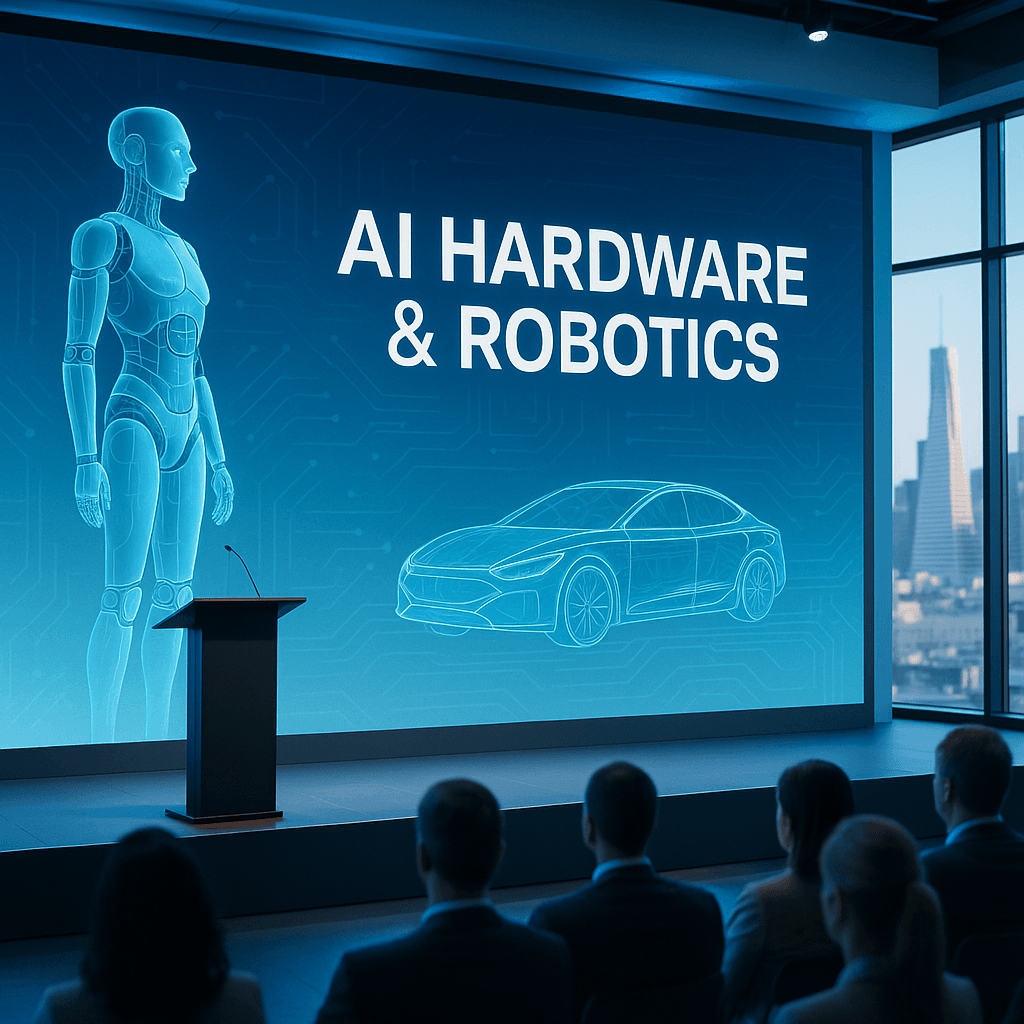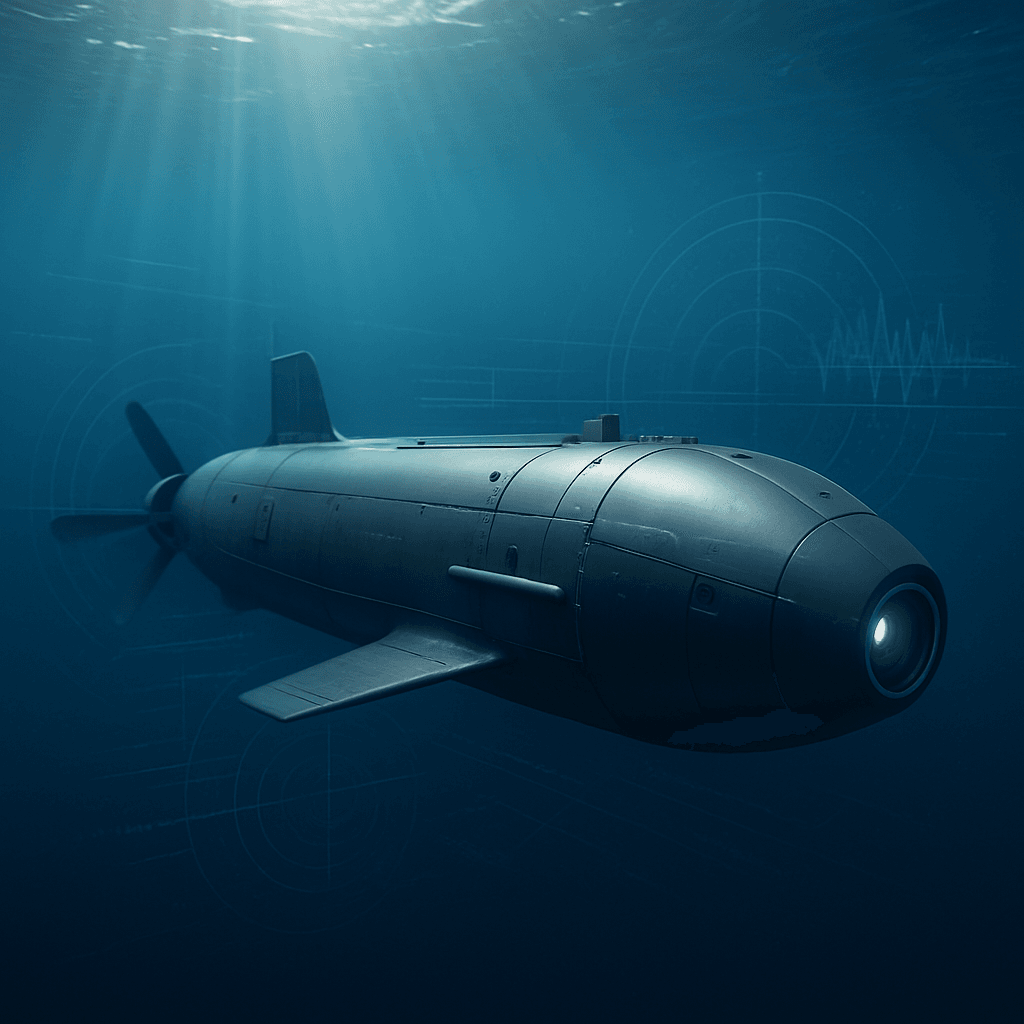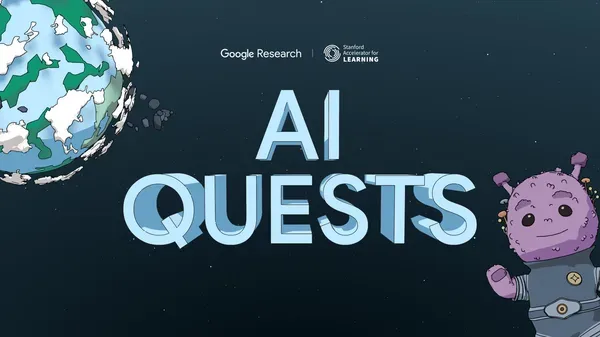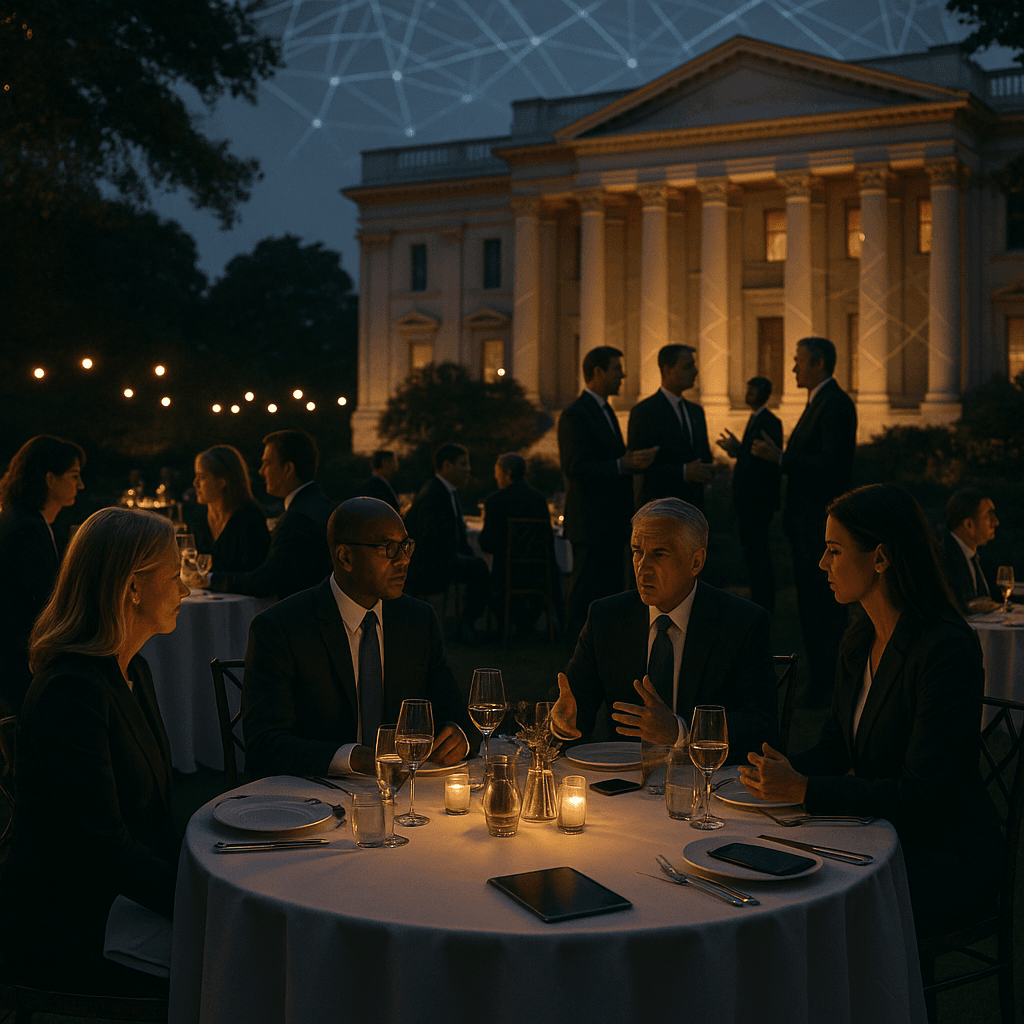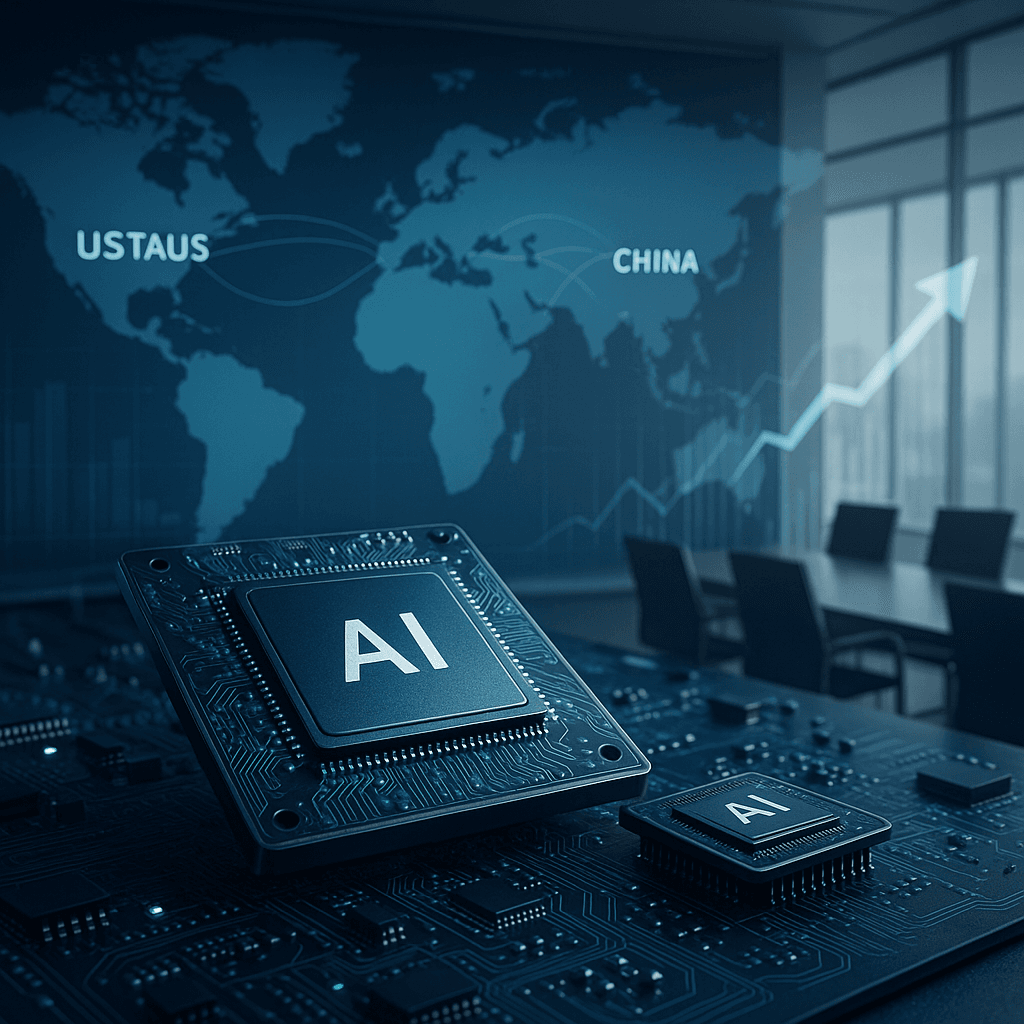TechCrunch Disrupt 2025 is zeroing in on AI hardware's massive untapped potential. The premier startup conference, running October 27-29 at San Francisco's Moscone West, will feature a dedicated AI Stage session with Waabi CEO Raquel Urtasun and Apptronik CEO Jeff Cardenas discussing where robotics and autonomous vehicles are heading next. With 10,000+ attendees expected, the session signals growing investor focus on AI's physical manifestations beyond software.
The startup world's biggest stage is about to get physical. TechCrunch Disrupt 2025 announced its AI Stage lineup will spotlight the hardware revolution that's been brewing beneath AI's software success story, bringing together two of the most compelling voices in autonomous systems.
Raquel Urtasun, founder and CEO of self-driving startup Waabi, teams up with Jeff Cardenas, co-founder and CEO of humanoid robotics company Apptronik, for what organizers are calling one of the most anticipated sessions of the three-day conference. The timing couldn't be better - while generative AI dominates headlines, the physical world remains largely untapped territory for intelligent machines.
"AI may be reshaping software, but when it comes to robotics and autonomous systems, the big breakout moment is still on the horizon," TechCrunch noted in announcing the session. That gap between digital AI success and physical world deployment is precisely what makes this conversation so critical for the 10,000+ startup founders and investors expected at Moscone West.
The session, titled "AI meets real-world physics," cuts to the heart of why hardware remains AI's final frontier. Unlike chatbots or image generators, robots and autonomous vehicles must navigate complex physical constraints - from sensor limitations to safety regulations to the unpredictability of real-world environments. Both Waabi and Apptronik have built their entire strategies around solving these challenges through simulation and advanced AI systems.
Urtasun brings a unique perspective to the discussion. The former University of Toronto professor and Uber ATG chief scientist founded Waabi with the bold claim that simulation could dramatically reduce the time and costs associated with autonomous vehicle development. Rather than logging millions of real-world miles like competitors, Waabi's approach centers on creating ultra-realistic virtual environments where self-driving systems can experience thousands of scenarios safely.
Cardenas represents the humanoid robotics wave that's captured Silicon Valley's imagination. Apptronik emerged from stealth with backing from major investors who see general-purpose robots as the next massive market opportunity. The company's Apollo robot is designed for warehouse and logistics applications, but the broader vision extends to household and service roles that could reshape how we think about labor and automation.
